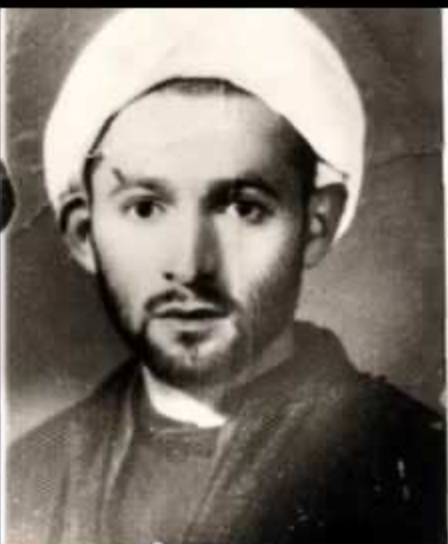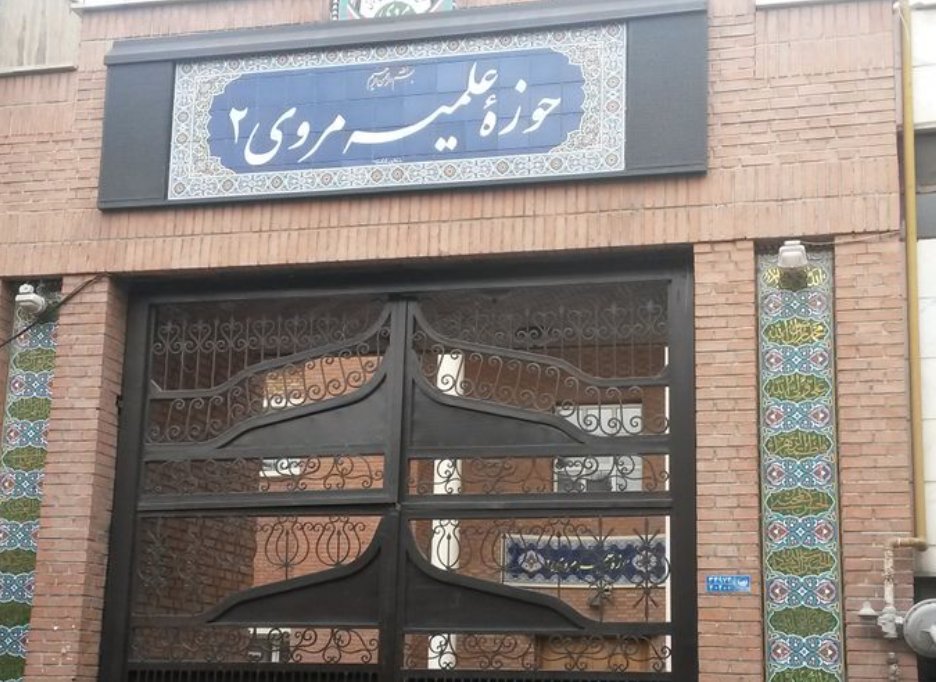#Corbin was not a thinker whose influences and interests were easily compartmentalised but rather his #Protestantism, #existentialism interest in #mysticism #RussianOrthodoxPhilosophy all came together in his study of #IranianIslam 1/
With respect to #phenomenology and #existentialism from Germany as well as #Hegelianism these were mediated by Alexander Koyré and Alexandre Kojève (1902-1968) both Russian exiles trained in Germany and teaching at #EPHE 2/ 

From Kojève he first came to understand the #phenomenology of #EdmundHusserl (1859-1938) who also taught #Heidegger as well as #KarlJaspers (1883-1969) who taught at #Heidelberg before being blacklisted by the Nazis 3/ 



Another figure in German intellectual history was Ernst Cassirer (1874-1935) whom #Corbin met in Hamburg in August 1931 and whose ideas on symbolic forms may have contributed to #Corbin idea of the #mundus_imaginalis 4/ 

Another aspect of Kojève was that early on before discovering Hegel he had been interested in #RussianOrthodoxPhilosophy and written a thesis at Heidelberg under the supervision of #Jaspers on #Solovyov which brings us to #RussianThought 5/
Hadi Fakhoury has written a wonderful MA dissertation @mcgillu on #Corbin and #RussianOrthodoxPhilosophy and suggested in his engagement with #GermanPhilosophy and #Barthianism we forget the use he made of the ‘Paris school’ of #Russian exiles amiscorbin.com/images/documen… 6/
#Corbin may have seen #RussianOrthodoxy as a way of linking #European ‘theosophy’ with its oriental counterpart 7/
The ‘Paris school’ was influenced by an earlier generation of #Russian thinkers such as Vladimir Solovyov (1853-1900), Aleksy Khomiakov (1804-1869), Fyodor Dostoevsky (1821-1881), Konstantin Leontiev (1831-1891), Vasily Rozanov (1856-1919), and Nikolai Fedorov (1827-1903) 8/
Khomiakov’s notion of #sobernost and the #Slavophile movement may have engendered later #traditionalist notion of #Eurasianism that emphasised the spiritual community of people against the #Aristotelian individualism of the West 9/ 

The two most important were Solovyov and his notion of ‘divine humanity’ that attempts to solve the problem of the two natures of #Christ and the idea of the #Sophia or manifestation of divine wisdom in the universal soul 10/ 

And Fedorov with his #eschatological_metaphysics in which reality was understood in terms of its fulfilment in resurrection, salvation and the world to come, #apokatastasis and #pantheism 10/ 

These figures influenced the #ParisSchool led by Nikolai Berdyaev (1874-1948) and Sergius Bulgakov (1871-1944) both expelled by Lenin in 1922 and moved to Paris where they established the St Sergius Institute as a liberal seminary and an influential journal The Way 11/ 



There is a very useful volume by Antoine Arjakovsky on The Way reviewer here networks.h-net.org/node/3595/revi… 12/ 

#Corbin was closely associated with #Berdyaev and credits him with solving many of his philosophical problems and reasons for his break with #Barth and #Heidegger 13/
Berdyaev considered #Barth neo-Calvinism to place too stark an ontological distinction between the human and the divine because of its oblivion of the notion of ‘godlikeness’ or #theosis central to the #Orthodox tradition 13/
Similarly #Berdyaev critiqued #Barth problem of the divine in the human by invoking further a form of mediation that occurred alongside divine humanity that may have influence #Corbin #mundus_imaginalis 14/
Against #Heidegger he considered his Sein zum Tode to be too final an oblivion since eschatological metaphysics was about what is to be 15/
#Corbin expressed this overcoming of Sein zum Tode by Sein zum Jenseits des Todes or ‘l’être pour au-delà de la mort’ that he considered central to the ontology of #MullaSadra and #ShiiEschatologicalMetaphysics more generally 16/
He also drew upon Berdyaev’s distinction between #historical and #eschatological Christianity expressed in the Meaning of the Creative Act to articulate his demarcation of #exoteric and #esoteric in Islam - and the #Shia represented the later, the eschatological 17/ 

From Bulgakov he drew on the idea of the divine #Sophia whom he assimilated to the #Shii understanding of #Fatima daughter of the prophet (though this also may have come from #Massignon) 18/
Although #Corbin direct connection with the #ParisSchool ended when he moved to #Istanbul in 1939 he continued an interest in #Byzantine thought along with his study of #Suhrawardi 19/
So if Fakhoury is correct - and his argument is compelling - the #ParisSchool was more constitutive of #Corbin thought than #German thought with respect to the #mundus_inaginalis, #divine_humanity, #eschatological_metaphysics, #sophiology, #angelology & #iconology 20/
• • •
Missing some Tweet in this thread? You can try to
force a refresh
















